Every year in August, Buwan Ng Wika, the national language month, is observed to promote the traditional language and culture of the Philippines.
Schools are filled with activities at this time of year, including creating slogans, writing poems, reciting declamation passages, participating in quiz bees, and playing other games that encourage students to express themselves creatively in the Filipino language.
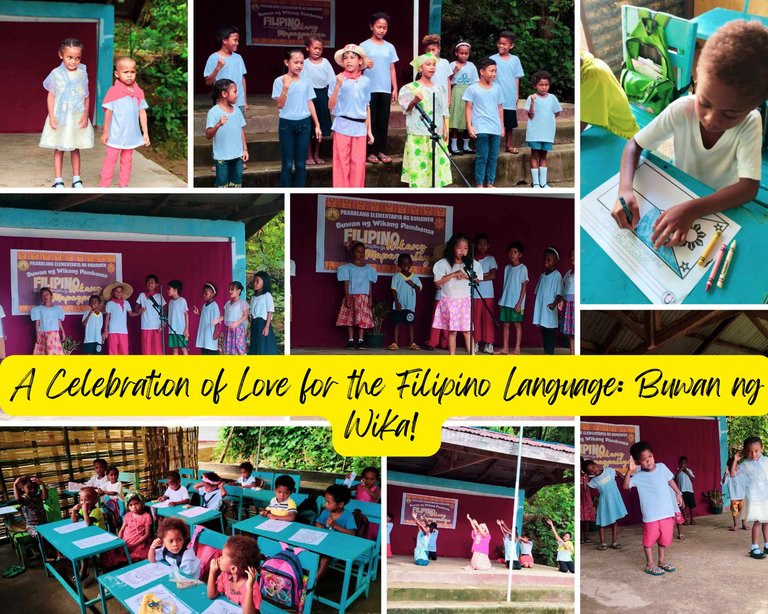
Last August 30, we celebrated the Culmination of Buwan ng Wika with the theme "Filipino: Wikang Mapagpalaya."
I get excited every August when Buwan ng Wika is observed, especially at our school. Our Aeta students now feel comfortable showcasing their talents and have the bravery to show that they can succeed even though we are in remote locations, which astounds and makes me proud.
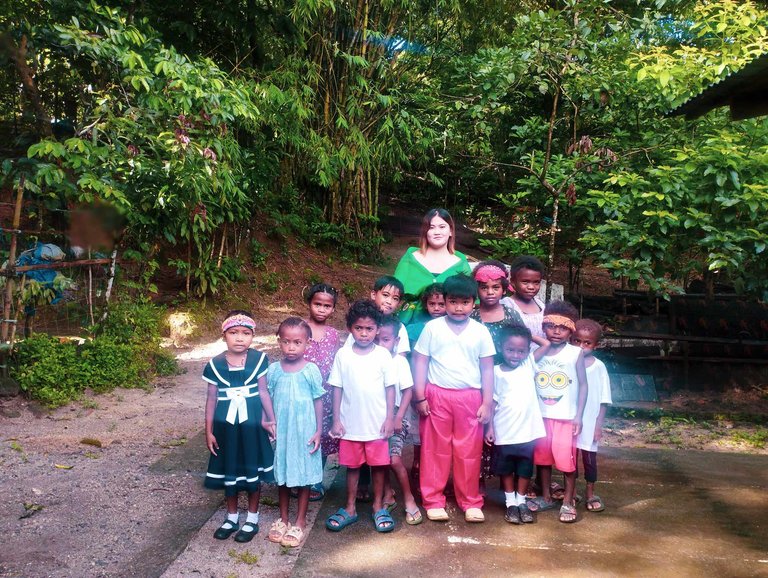
Ninety percent of our students are from the Aetas, a common name for the Indigenous community. Native inhabitants of the Philippines' remote, mountainous regions are known as Aeta.
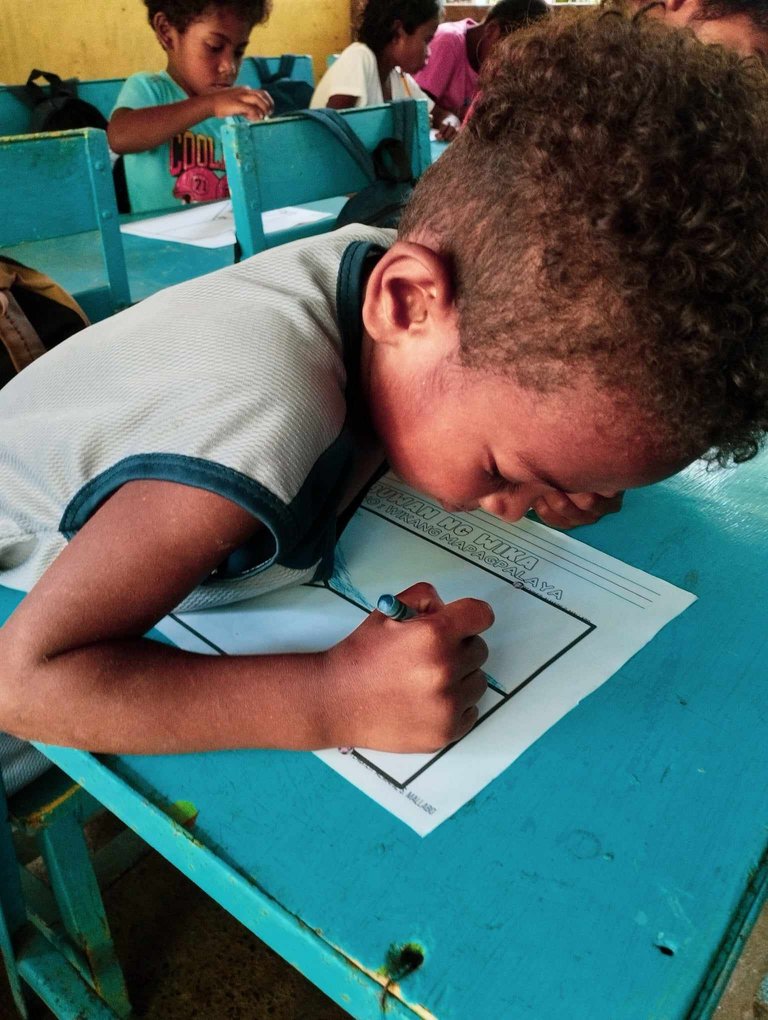
Since I've been a teacher here for almost six years, I've seen and heard of many situations where our Aeta students are reluctant to sign up for and participate in any event or competition, mainly when it involves other schools.
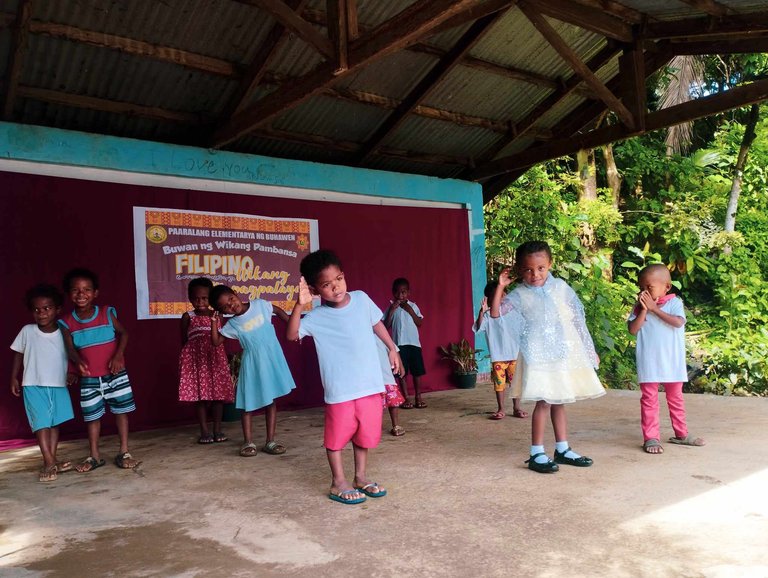
Thus, even though we live in a remote place, they have gradually come to understand that they can still perform on par with the students from other schools as we have helped them grow in confidence and self-esteem over the years.
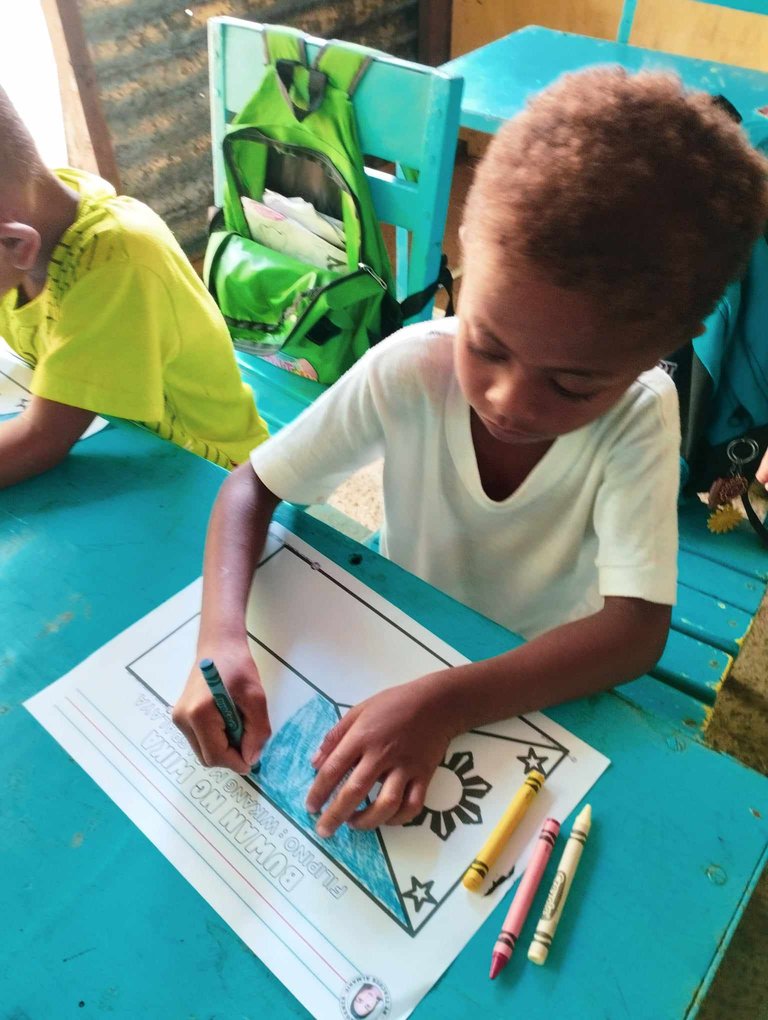
Before the final day, our students demonstrate their skills through coloring pages, poster creation, drawing, and slogan competitions. Then, on the day of the culminating activities, we select the best students from each class and present them with an award and words of gratitude.
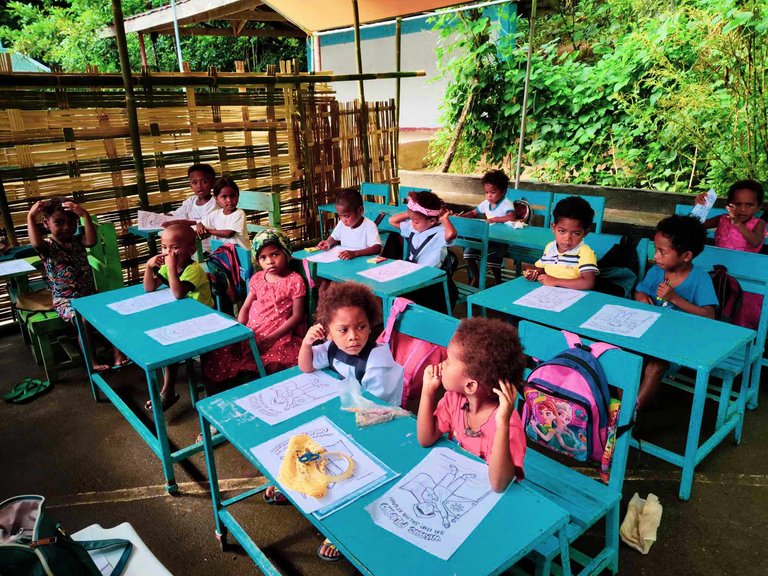
During the culminating day, our learners also showcase their talents in dancing, singing, acting, and sabayang pagbigkas.
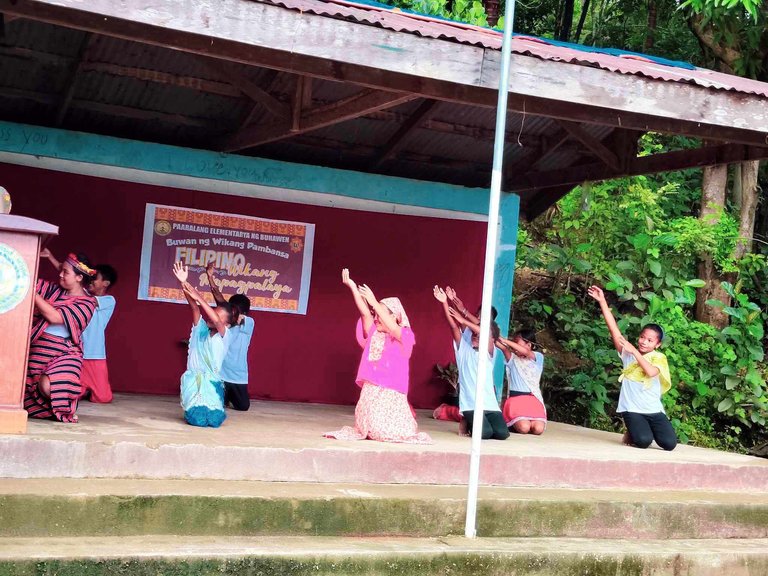
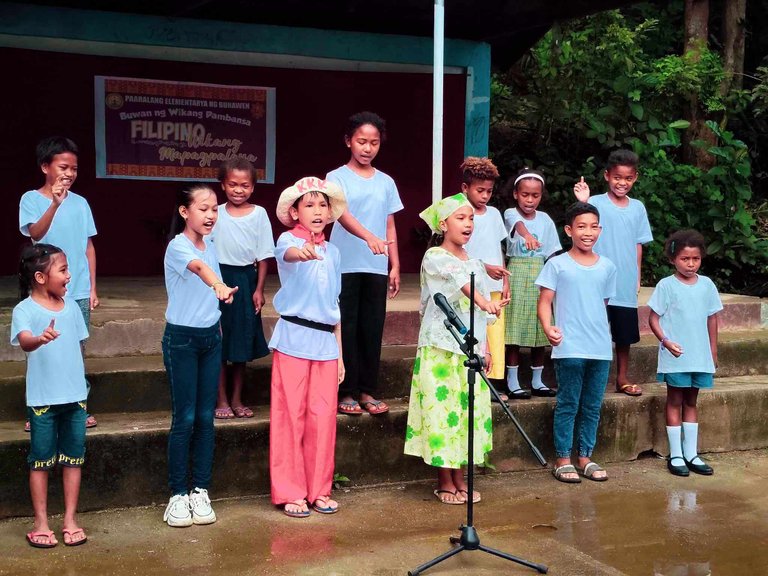
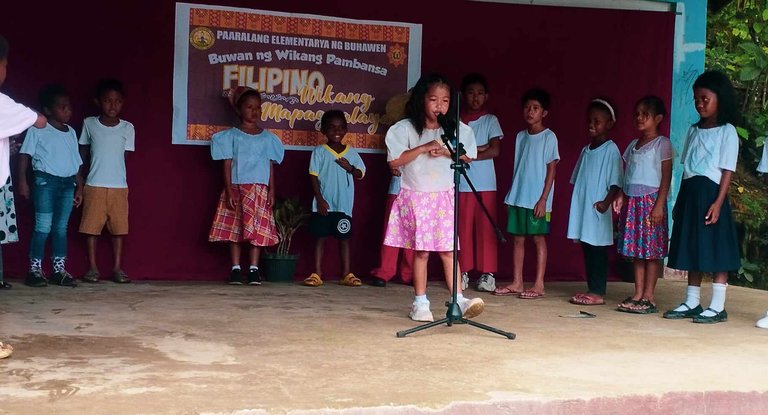
Each was given an appreciation award, and the competition winners took home gifts and cash prizes.
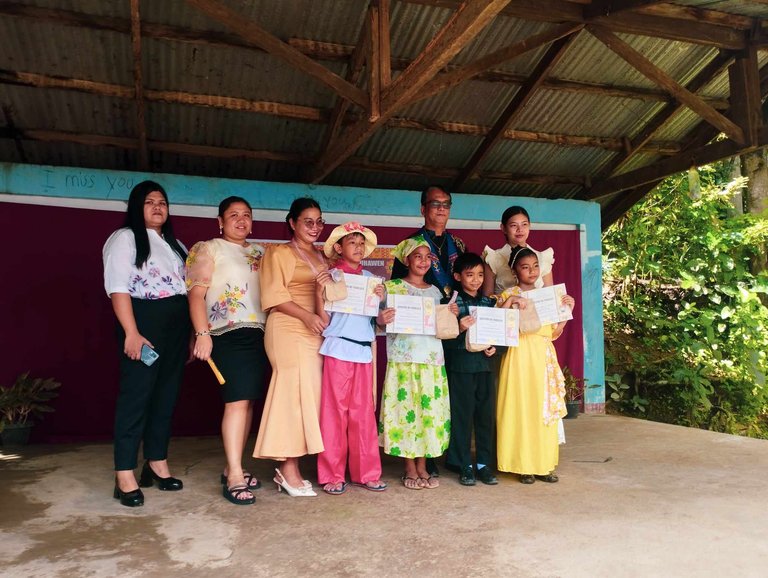
Another highlight of the day is the ramp, where participants display their finest outfits with the celebration's theme.
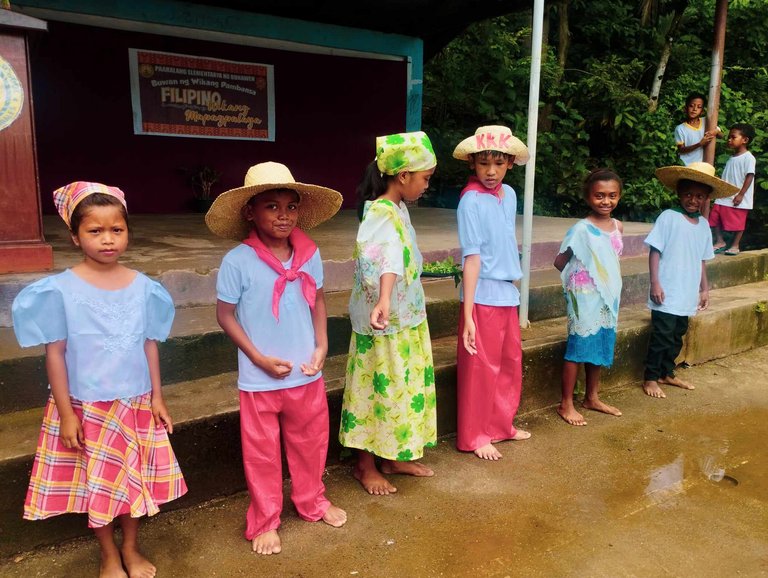
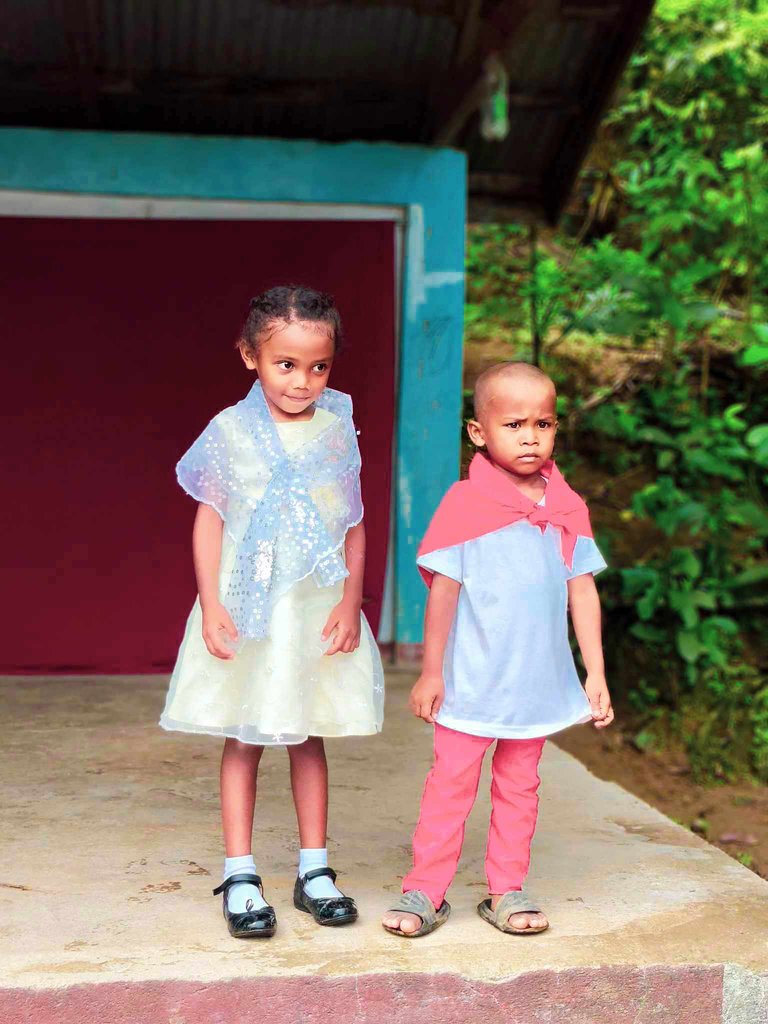
Not only are we relieved to see them approaching the crowd, but we are also pleased that they are trying their hardest to look presentable despite all of the difficulties we encounter—chiefly the fact that our classrooms are now temporary.
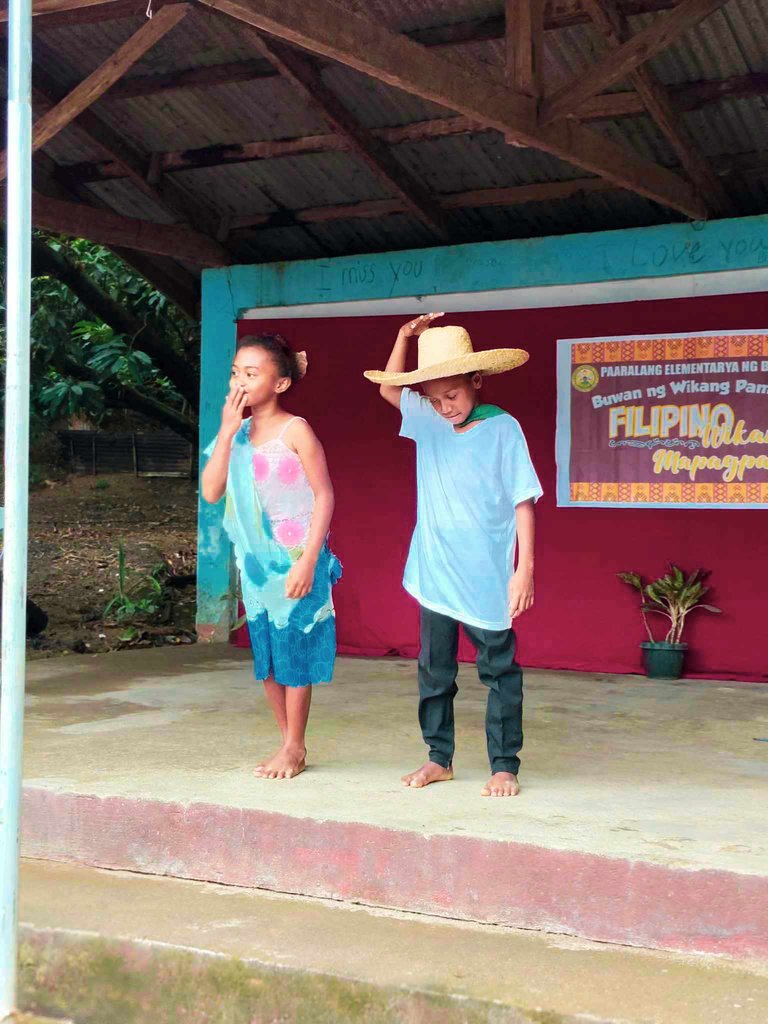
More than pleasure, belonging to and feeling connected to the group and pursuing and achieving genuine goals are what make students happy.
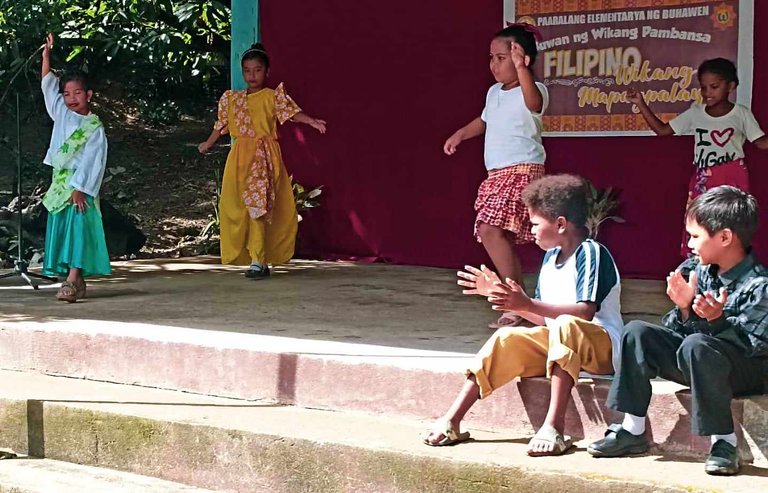
I adore the notion of challenging them. Make them put in a lot of effort and encourage them to give their best, even in small ways, to feel like a part of the school and the community.
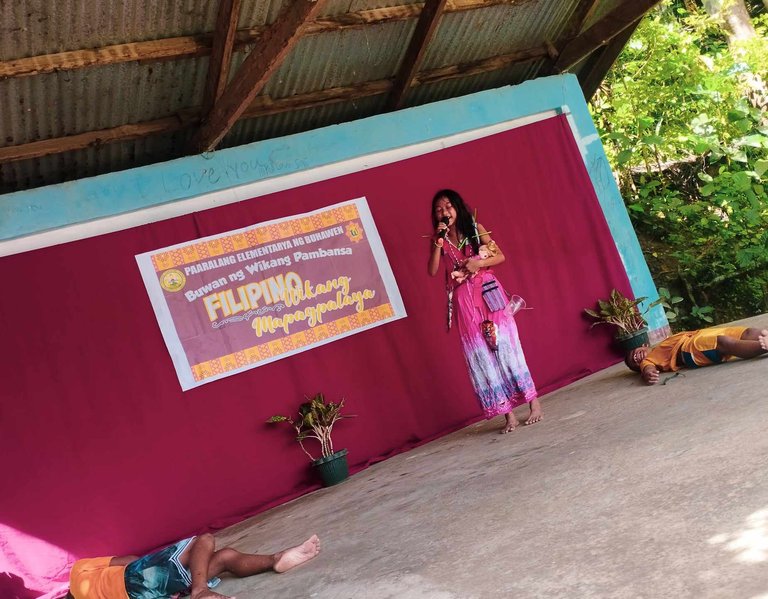
As a mentor and teacher, I love observing our students actively engage in school events. Despite our difficulties and poverty, we are happy that they are now interacting with each other.
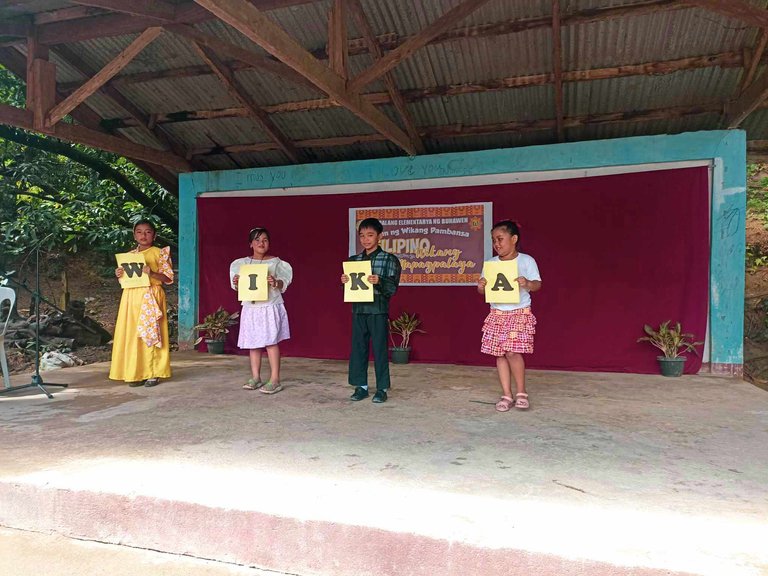
We are also happy to see that the parents of our students actively engage in all school-related activities.
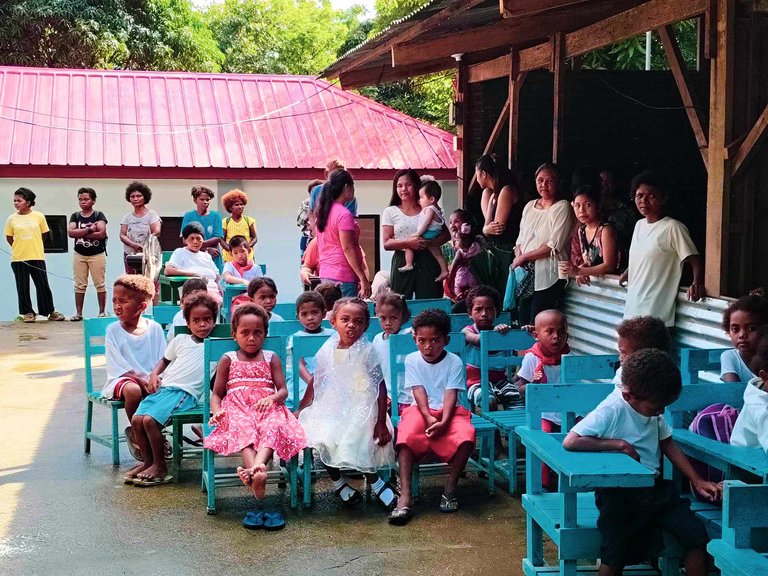
I am now excited about the forthcoming events and, once more, about seeing our students confidently showcase their skills and abilities in front of the public.